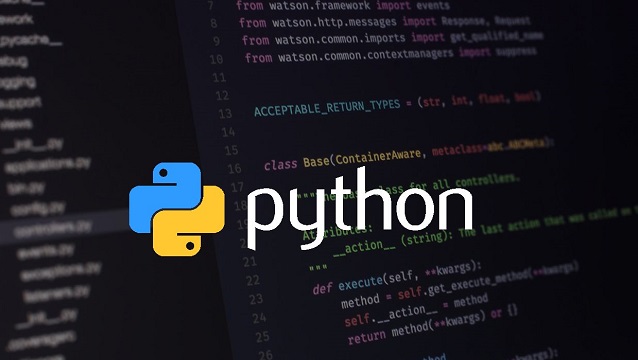The federal financial intelligence centre warns that violent extremists driven by causes including racial hatred are increasingly turning to virtual currencies for fundraising.
In a newly published special bulletin, the Financial Transactions and Reports Analysis Centre of Canada says the move comes as social media and crowdfunding platforms crack down on extremist efforts to promote their ideas and raise money.
Read more:
Canada to crack down on online extremism in wake of London attack, minister says
The centre, known as Fintrac, tries to pinpoint cash linked to terrorism and money laundering by sifting through millions of pieces of information annually from banks, insurance companies, securities dealers, money service businesses, real estate brokers, casinos and others.

The centre’s special bulletin on ideologically motivated violent extremism was originally scheduled for release last week.
However, the centre delayed publication out of respect for the Muslim family assaulted in a deadly vehicle attack in southwestern Ontario.
The bulletin notes that targets of ideologically driven violence such as arson, assault and homicide include people of the Islamic and Jewish faiths, people of colour, women, Indigenous Peoples and members of LGBTQ2 communities.
Individuals and groups use the internet to perpetuate racist and misogynistic tropes on social media that feed into broader narratives associated with conspiracy theories and anti-government movements, it adds.
Read more:
London attack was latest of Canada’s ‘most deadly’ form of extremism, national security adviser says
In recent years, online crowdfunding platforms and social media sites have started to curb fundraising and promotional activities tied to ideologically motivated extremists, prompting them to seek alternative outlets.
These tend to be smaller platforms than the mainstream ones, and they do not always have the resources to monitor and shut down activities, the bulletin warns.
In response to increased restrictions on online platforms, extremists have encouraged followers to send them money via mail, cheque or money order. They have also begun relying on virtual currencies for fundraising.
“Threat actors mainly use virtual currency donations to fund their propaganda and recruitment efforts,” the bulletin says.

The centre’s analysis of suspicious financial transactions related to ideologically motivated extremism indicated most were concentrated in Alberta, British Columbia and Ontario.
Internationally, ideologically motivated extremists have raised funds through merchandise sales, holding events such as talks and concerts, crowdfunding, charging membership fees and accepting donations, the bulletin says.
They have also resorted to “drug trafficking, weapons trafficking and robberies to fund their operations.”
The money is used to recruit new members, engage in day-to-day activities and carry out promotional efforts such as making videos, the bulletin says.
Read more:
Extremist groups tied to Qanon thriving on Facebook despite ban: report
In addition, the funds go toward organizing marches and events, maintaining websites, paying the legal fees of individuals arrested for their involvement in the movement, acquiring weapons and establishing safe houses, the centre says.
Lone extremists raised their own funds, using savings, employment income or money from family and friends. “There was no indication in the reporting that the family members were aware that the funds would be used for violent action.”
Many lone actors sent money transfers to unknown third parties and some used their own funds to buy weapons, either through online chain stores or in person.

The centre also found people in Canada might fund international extremist networks while not necessarily being members of organized groups themselves, typically using payment-processing companies and money service businesses to make transfers.
“While these transactions tended to be small, recurring transfers to multiple nodes of the same international network in different countries, they totalled significant amounts.”
Read more:
How extremists are getting involved in anti-mask demonstrations across Canada
Some of the beneficiaries forwarded the money to recruiters for far-right militias and similar groups, the bulletin adds.
Personal–and business–account transactions showed connections between organized extremists and individuals and companies charged with crimes such as fraud, robbery, assaulting police officers, drug trafficking and weapons offences.
The bulletin identifies broad characteristics found in the suspicious transaction reports, cautioning they might not necessarily indicate extremist financing.

As a result, reporting entities such as banks must examine them in conjunction with “additional risk indicators” such as transactions with links to groups the government has listed as terrorist entities.
The centre flagged several warning signs related to personal account activity:
- absence of expected personal transactions such as normal debit and credit account activity or paying bills;
- a sudden halt to personal activity; and
- numerous and frequent electronic money transfers followed by the depletion of funds through transfers to third parties.
The centre also singled out signs of suspicious business account activity, including:
- absence of regular salary payments and other expected transactions, except insurance and loan payments;
- funds received from and sent to unrelated businesses that do not align with the client’s business profile; and
- an absence of business-related purchases.
© 2021 The Canadian Press








